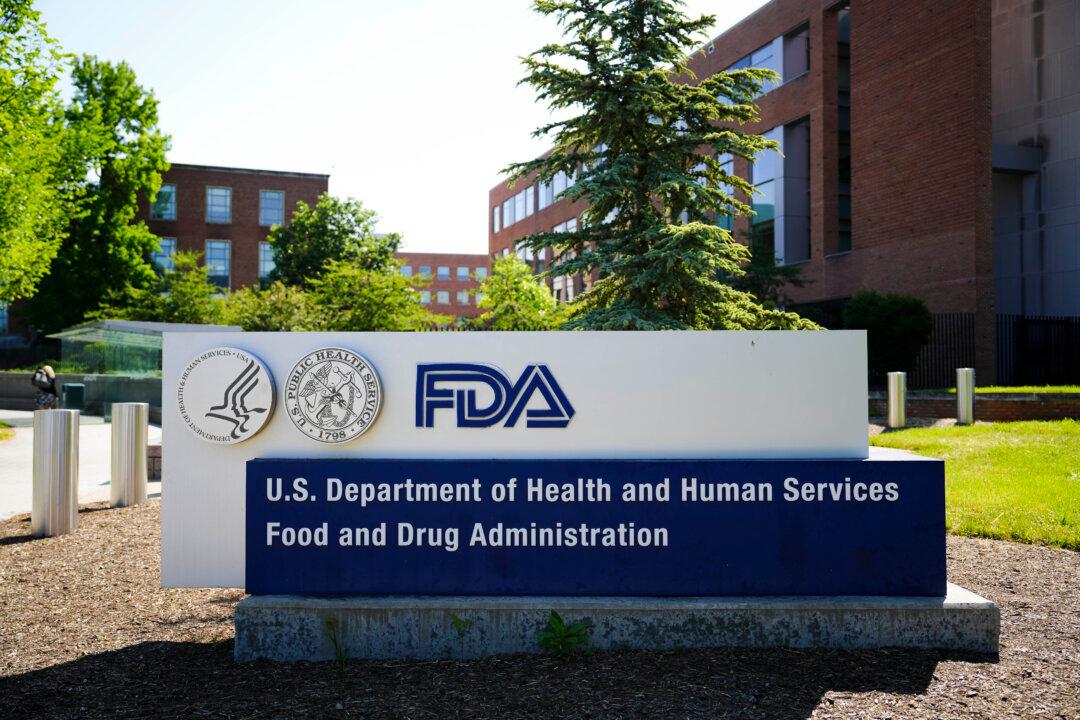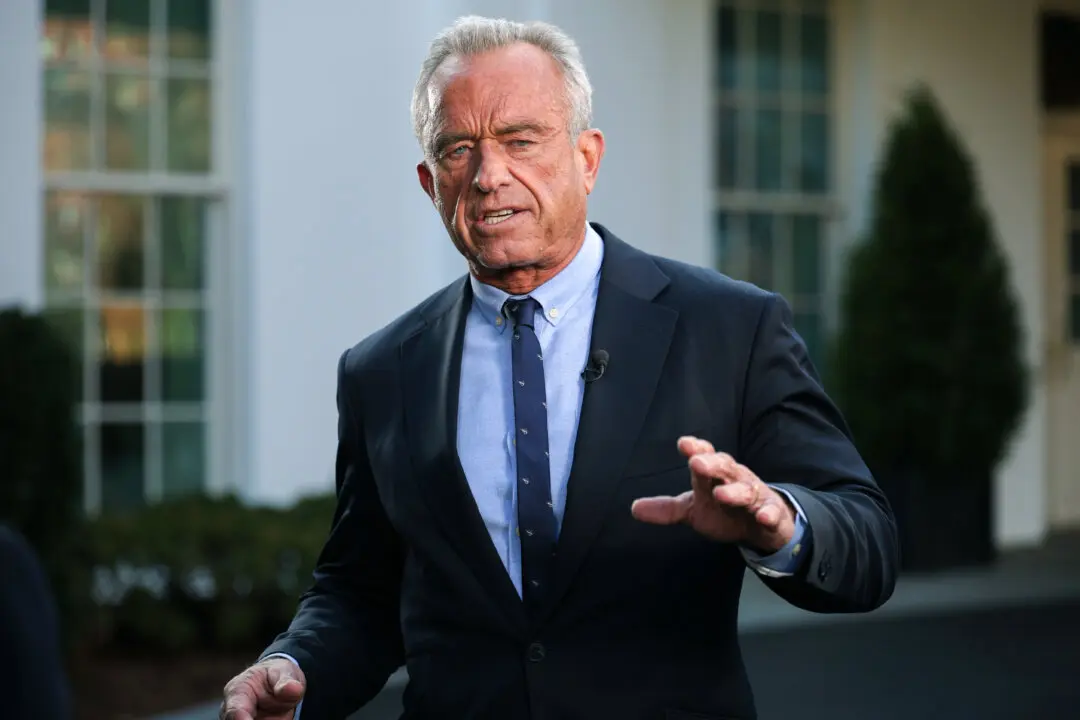The U.S. Food and Drug Administration (FDA) wants an 18-month pause in litigation over its refusal to hand over key safety data on the COVID-19 vaccines.
The request is opposed by two groups that sued the FDA, trying to force the release of the records on possible COVID-19 vaccine side effects following Freedom of Information Act (FOIA) denials.





